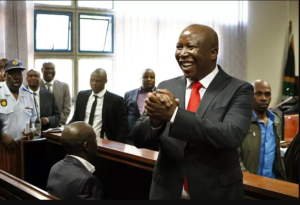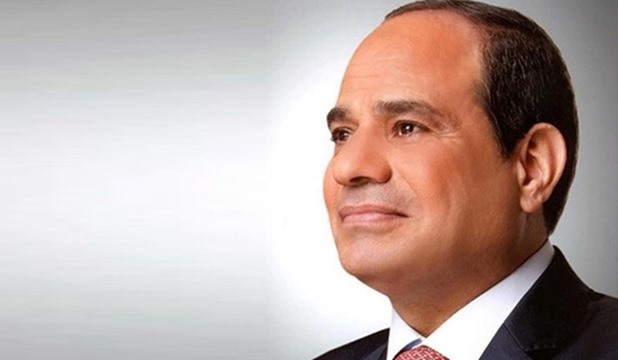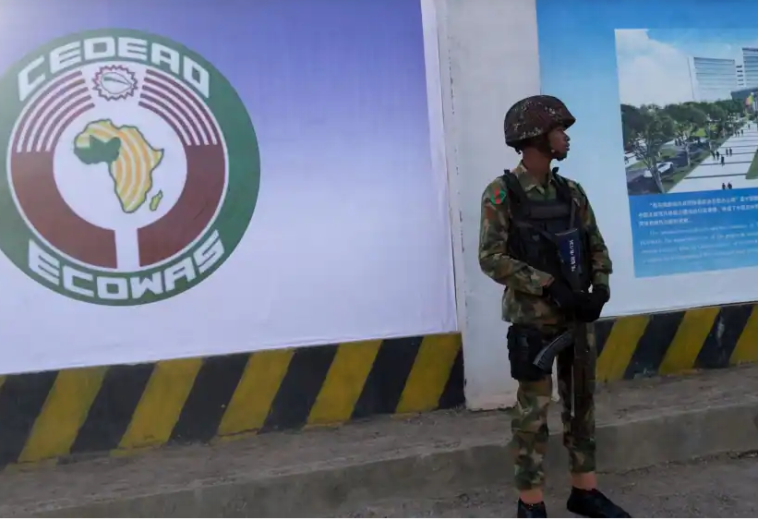South Africa, in the vibrant landscape of 2023, has been influenced by a cohort of remarkable politicians who have etched their names in the annals of the country’s history. These influential figures have not only wielded power but have left a resounding echo on policies, societal perceptions, and the trajectory of the nation’s political landscape. This article highlights a mere snapshot of the intricate roles and contributions of these influential politicians. Each figure’s impact and legacy are subject to ongoing assessments and the unfolding chapters of South Africa’s political narrative.
Cyril Ramaphosa: A Beacon of Leadership
Matamela Cyril Ramaphosa (born November 17, 1952) is a South African businessman and politician serving as the fifth and current president of South Africa.
At the helm as South Africa’s President, Cyril Ramaphosa stands as an emblem of astute leadership. His tenure, commencing in 2018, ushered in a new era following the resignation of Jacob Zuma. Beyond his presidential stint, Ramaphosa’s legacy spans a lifetime of impactful achievements.
Before assuming office, Ramaphosa navigated the labyrinth of anti-apartheid activism, taking an interest in the fight for equality. His pivotal role in growing the National Union of Mineworkers (NUM) from a membership of 6,000 to a formidable 300,000 is proof of his transformative leadership.
President Ramaphosa’s strategic initiatives have addressed critical national challenges. From confronting load shedding and economic revitalization to prioritising crime reduction and service enhancement, his policies reflect a commitment to holistic societal improvement.
Julius Malema: Championing Economic Equality
In 1997, he became the provincial chairperson of the Congress of South African Students (COSAS) in Limpopo. He was elected as the national president of COSAS in 2001. In May of the following year, he led a COSAS students’ march through Johannesburg; the march was marked by incidents of violence and looting.
Renowned for his impassioned speeches and dogged stances, Julius Malema has carved a niche as a formidable figure in South African politics. His trajectory from the Congress of South African Students (COSAS) to the helm of the Economic Freedom Fighters (EFF) manifests a journey marked by zealous advocacy for economic parity and social justice.
Malema’s founding of the EFF in 2013 marked a paradigm shift, advocating radical measures towards land redistribution and economic reforms. His bold ideology and grassroots involvement underscore his commitment to address the chasms of inequality.
Pravin Gordhan: The Architect of Economic Stability
During the 1970s, Gordhan helped establish grassroots organisations that became involved in underground activities and associated with the African National Congress (ANC) and later the South African Communist Party (SACP).
Within the ruling party, Pravin Gordhan’s influence on economic policy reverberates significantly. Emerging from anti-Apartheid activism, Gordhan’s tenure as the Minister of Public Enterprises in 2018 embodies expertise and stability during turbulent economic times.
His fiscal acumen and impactful changes in economic policies, coupled with his resolute commitment to reform state-owned enterprises, exemplify Gordhan’s enduring contributions to South Africa’s economic landscape.
Jacob Zuma: A Controversial Legacy
Jacob Zuma, as South Africa’s president (2009–2018), had various achievements and milestones.
Amidst legal challenges, Jacob Zuma’s political legacy remains a polarising force. His presidency, marked by both triumphs and controversies, witnessed strides in governance, economic growth, and diplomatic engagements. However, this era was also beset by controversies that cast a shadow on his accomplishments.
Zuma’s establishment of key government departments, commitment to economic growth, and active involvement in global partnerships like the BRICS Development Bank highlight his multifaceted impact on South Africa’s developmental agenda.
David Mabuza: An Enigmatic Political Figure
David Dabede “DD” Mabuza, a South African politician, served as Deputy President of South Africa from February 2018 to February 2023. Despite controversies surrounding his tenure’s productivity, specific achievements attributed to Mabuza during his term remain obscure.
David Mabuza’s tenure as Deputy President from 2018 to 2023 remains enigmatic. While his political journey boasts a significant career within the ANC and various key positions, controversies and criticisms shroud his legacy. The lack of explicit achievements attributed to his term as Deputy President invites scrutiny and raises questions about his productivity.
These political stalwarts, with their distinct ideologies, personas, and impacts, will collectively define South Africa’s dynamic political fabric in 2023. Their narratives, successes, and challenges encapsulate the ongoing evolution of a nation navigating the complexities of governance, equality, and progress.



